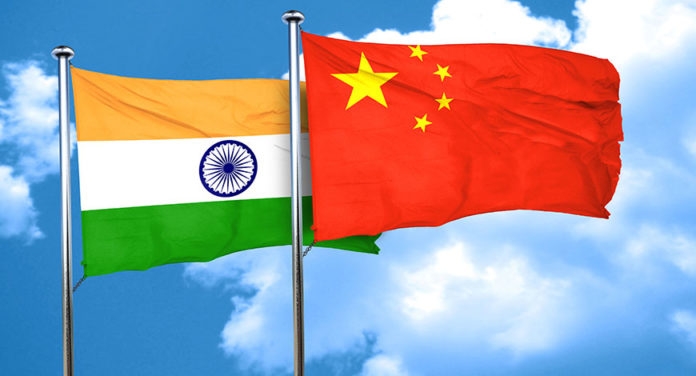New Delhi (NVI): India today rejected allegations by the Chinese side that Indian troops had crossed Line of Actual Control in Western Sector or the Sikkim sector, saying that its Army is fully familiar with the alignment of the LAC in the India-China border areas and “abide by it scrupulously”.
Ministry of External Affairs spokesperson Anurag Srivastava rubbished any claims that Indian troops had undertaken activity across the LAC on these two frontiers.
“Any suggestion that Indian troops had undertaken activity across the LAC in the Western Sector or the Sikkim sector is not accurate,” he said.
“In fact, it is Chinese side that has recently undertaken activity hindering India’s normal patrolling patterns,” he said adding that the Indian side has always taken a very responsible approach towards border management.
He was speaking with regard to the recent face-offs between the Indian and Chinese soldiers along the Indo-China border in north Sikkim and Ladakh.
The Line of Actual Control is the de-facto border between the two countries.
The MEA spokesperson said that all Indian activities are entirely on the Indian side of the LAC.
“At the same time, we are deeply committed to ensuring India’s sovereignty and security,” he said.
Srivastava further added that the Indian troops strictly follow the procedures laid down in various bilateral agreements and protocols to resolve any situations which may arise due to difference in perception of LAC.
He said the two sides have established mechanisms to resolve such situations peacefully through dialogue. “Both sides remain engaged with each other to address any immediate issues,” he added.
The MEA spokesperson said that in accordance with the consensus reached in Chennai, Indian side remains firmly committed to work for the common objective of maintenance of peace and tranquillity in border areas. “This is an essential prerequisite to the further development of Indian-China bilateral relations,” he said.






